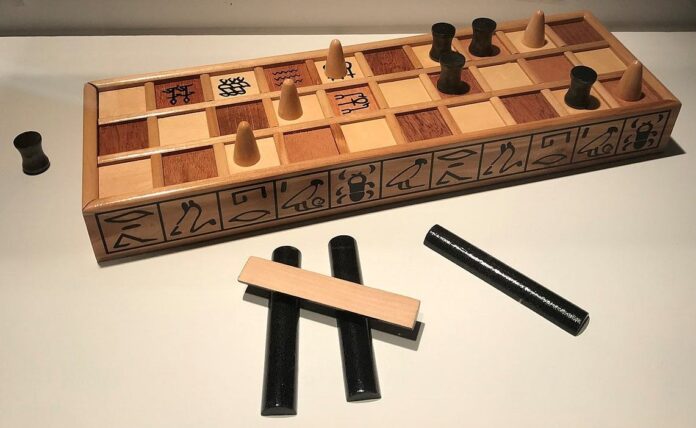Introduction
Board games have been a part of human culture for centuries, offering both entertainment and social interaction. What began as simple games played on rudimentary boards has evolved into a complex world of strategy, creativity, and competition. From ancient times to the modern era, board games have captured the imagination of people across generations and, in recent years, have even entered the realm of e sports. In this article, we’ll take a journey through the fascinating evolution of board games, exploring how they have transformed from traditional pastimes to the competitive events of today.
Ancient Origins
The roots of board games trace back thousands of years to ancient civilizations. One of the earliest known board games is Senet, played in ancient Egypt around 3500 BC. This game combined strategy and chance, much like contemporary board games. Chess, originating in India around the 6th century, became a classic game of strategy and mental prowess. These early games set the foundation for the development of more intricate and engaging board games in the future.
The Rise of Modern Classics
The 20th century witnessed the rise of iconic board games that have become household names. Monopoly, created in the early 1930’s, quickly gained popularity for its economic themes and competitive game play. The Game of Life, introduced in 1860, simulated a journey through life’s various stages. As technology advanced, electronic board games like Battleship and Scrabble brought new dimensions to the traditional format. These games solidified the role of board games as a central form of leisure and entertainment.
Innovation and Adaptation
The late 20th century and early 21st century marked a period of innovation in board game design. Games like Settlers of Catan and Ticket to Ride introduced novel mechanics, emphasizing strategy, negotiation, and resource management. These games revitalized the interest in board games, appealing to a new generation of players seeking more complex and immersive experiences.
From Casual Play to Esports
In recent years, a surprising twist has occurred in the world of board games: they’ve entered the realm of e sports. Traditional board games are being adapted into digital formats and online platforms, giving rise to competitive leagues, tournaments, and online communities. Games like Carcassonne and Splendor have found their way into digital platforms, allowing players to compete globally. This fusion of traditional game play with modern technology has opened up new avenues for competitive board gaming.
The transition from physical boards to digital platforms has expanded the reach of board games, making them more accessible to a wider audience. Online board gaming platforms enable players to connect with others from different corners of the world, fostering a sense of community and competition. Additionally, the integration of virtual reality and augmented reality has the potential to revolutionize the way we experience board games, offering immersive game play experiences beyond what physical boards can provide.
Conclusion
The evolution of board games is a testament to their timeless appeal. From their humble beginnings as games etched on stone to their current status as e sports, board games have united people across cultures, generations, and time periods. Their ability to adapt and evolve while retaining their fundamental appeal speaks to the enduring nature of human connection through play. As we move forward, it will be fascinating to witness how technology continues to shape the landscape of board gaming, allowing these cherished games to bridge the gap between the past and the future.
In a world of high-tech entertainment and fast-paced digital experiences, the enduring allure of sitting down with friends or opponents, moving pieces on a board, and engaging in strategic battles remains as captivating as ever. The evolution of board games is a journey that reminds us of the power of play to transcend time and create lasting connections.




